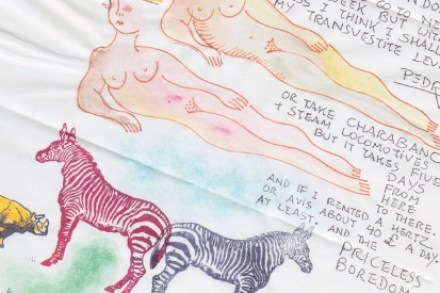Toujours la politesse
More from BooksRobert Cumming’s opening sentence is: ‘Kenneth Clark and Bernard Berenson first met in the summer of 1925.’ One is then transported to terraces of cypress and statuary, sunshine and high art, Edith Wharton and Paul of Yugoslavia cooing over a balustrade. Clark was 22 and had just finished at Oxford; he was ‘doing’ Italy with






























